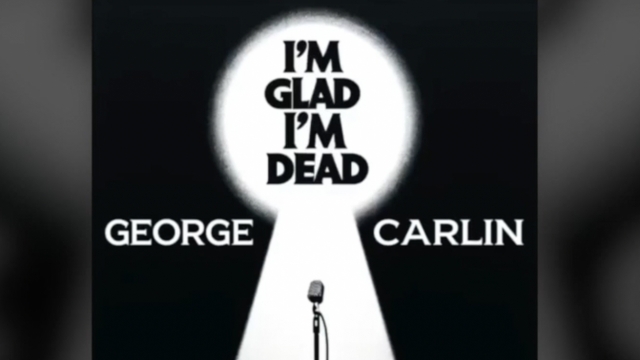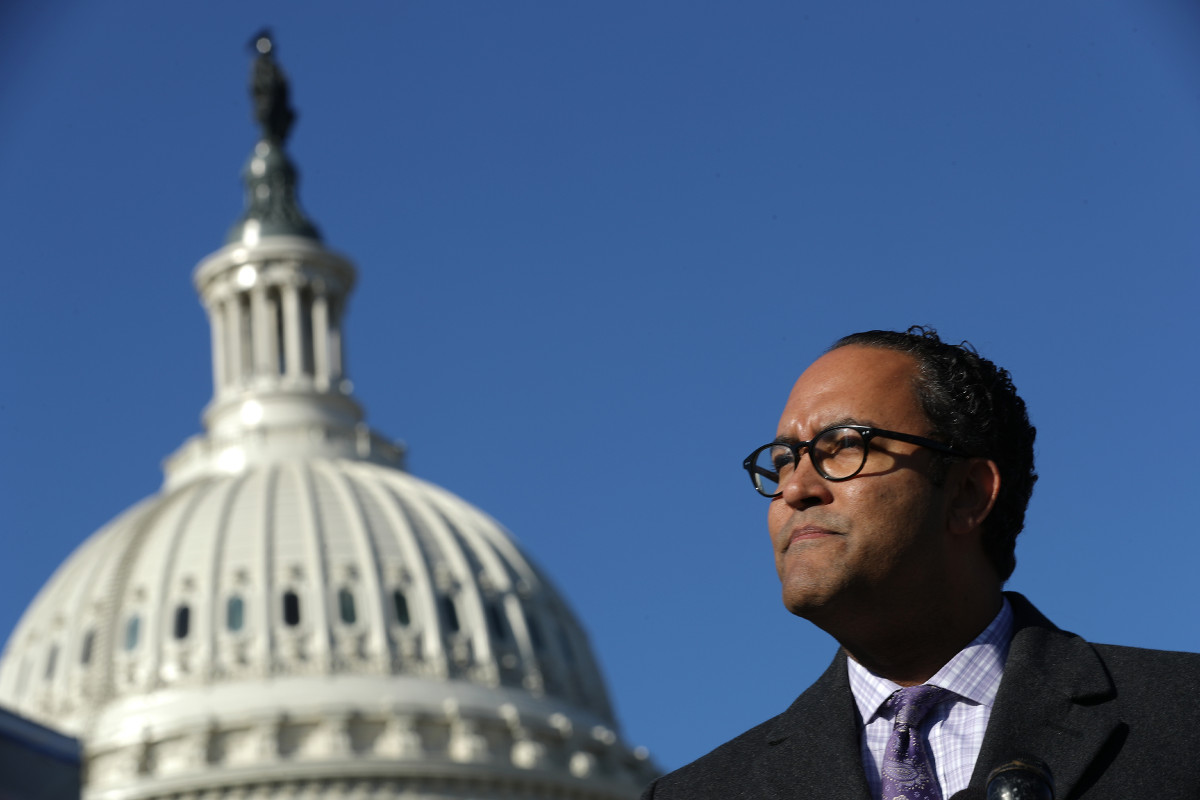Artificial intelligence is posing significant challenges in today’s society. Just last week, AI-generated explicit images of Taylor Swift inundated various social media platforms. Following a protest from Swift’s fans, efforts were made to eliminate these images, one of which had already garnered 47 million views.
Even Karine Jean-Pierre, the president’s press secretary, expressed concern, stating, “This is very alarming. And so we’re going to do what we can to deal with this issue.”
In a separate incident, AI replicated the president himself, with a fabricated President Biden advising voters to abstain from voting in the New Hampshire primary. The fake recording, obtained by CNN, featured a realistic-sounding impersonation of Biden discouraging voter participation.
Renowned University of Washington computer scientist Oren Etzioni likened the impending AI advancements to a “tsunami of disinformation,” highlighting the ease with which AI can create convincing deepfakes, potentially leading to disinformation terrorism.
Adding to the confusion is a recent comedy special supposedly created by the late comedian George Carlin, who passed away in 2008. The special, introduced by a voice claiming to be a “comedy AI,” featured content allegedly trained on Carlin’s past performances.
Although comedians Will Sasso and Chad Kultgen clarified that the special did not involve Carlin, they are now facing a lawsuit accusing them of distorting Carlin’s legacy. Attorney Josh Schiller, representing the Carlin estate, emphasized the dangers of impersonation through AI-generated content and hinted at legal and regulatory actions to address such issues.
While Sasso and Kultgen’s representatives did not respond to inquiries from Scripps News, they are now asserting that the George Carlin special was not AI-generated but was actually written by Kultgen.
In response to the rise of deepfakes, Congress is contemplating new legislation related to AI. Etzioni remains hopeful that technological advancements will combat AI manipulation. He advises the public to verify information from reliable sources and not succumb to misinformation spread through various channels.






